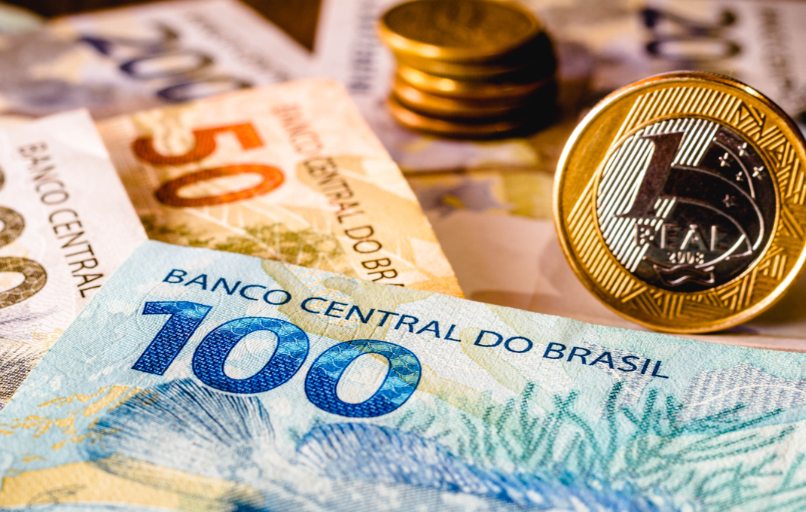$LVMH $KORS #SecondhandFashion #LuxuryResale #SustainableStyle #Authenticity #LuxuryMarket #EcoFriendly #FashionTrends #ResaleRevolution #LuxuryGoods #Investment
How Can Authentication Boost Your Secondhand Luxury Sales?
As news spreads of the booming secondhand luxury market, industry experts predict this sector will surge to an astonishing $360 billion by 2030, up from approximately $210 billion today. This rapid growth is driven by a combination of sustainability concerns, changing consumer preferences, and the increasing value placed on authenticity.
The demand for secondhand luxury items has never been higher, fueled by a rising interest in eco-friendly fashion choices. Today’s consumers are more conscious about their purchasing habits, leading them to consider the environmental impact of fast fashion. Consequently, the resale market has become an attractive alternative, offering high-quality luxury items at more accessible prices. However, as this market expands, so does the necessity for robust authentication processes.
Why Authentication Matters in Resale
Authentication serves as the foundation for trust between buyers and sellers in the secondhand luxury market. With high-value items such as designer handbags, watches, and clothing, the risk of counterfeits is alarmingly high. To combat this issue, businesses must implement stringent authentication measures to ensure that every item sold is genuine. This not only protects consumers but also enhances the overall credibility of the resale market.
The role of technology cannot be understated in this context. Advanced solutions such as blockchain technology, artificial intelligence, and machine learning are increasingly employed to verify the authenticity of luxury goods. By leveraging these technologies, companies can provide buyers with transparent and verifiable proof of authenticity, making them feel more confident in their purchases.
Additionally, the integration of authentication services can significantly enhance the consumer experience. When buyers know they are purchasing genuine luxury items, they are more likely to engage in repeat purchases and recommend the platform to others. This positive reinforcement creates a loyal customer base, which is essential for long-term success in the resale market.
The Economic Impact of Authenticity
From a macroeconomic perspective, the rise of authenticated secondhand luxury goods can stimulate various sectors, including retail, technology, and logistics. As the market expands, job opportunities will arise within these industries, further contributing to economic growth. Moreover, as consumers prioritize sustainability, the demand for secondhand luxury items can lead to a shift in production practices across the fashion industry. Brands may start to focus more on creating durable, long-lasting products, ultimately benefiting the environment.
Investing in authentication services can also yield significant financial returns for businesses. By ensuring that items sold are verified and genuine, companies can command higher prices for their products, enhancing their profit margins. Additionally, the establishment of a trustworthy brand can attract a broader audience, leading to increased sales volume.
Conclusion: A New Gold Standard
In conclusion, as the secondhand luxury market continues to soar, authentication emerges as the new gold standard. The successful implementation of verification processes not only safeguards consumers but also drives economic growth and sustainability. As we approach 2030, businesses that prioritize authenticity will be well-positioned to thrive in this evolving landscape.
For those interested in diving deeper into the world of investments, consider exploring our stock market insights. And, if you’re curious about the intersection of digital assets and luxury, check out this opportunity in cryptocurrency.






Comments are closed.